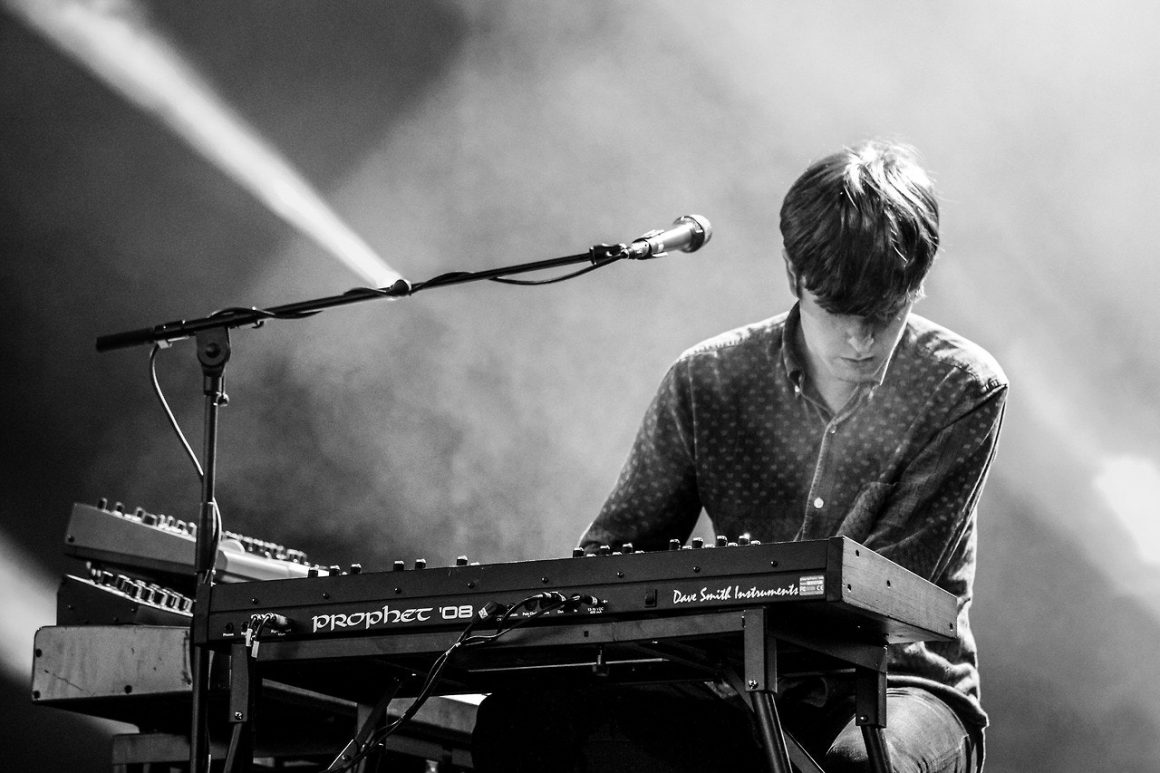
New Music: James Blake
By Thomas Johnson, February 1 2019 —
Until James Blake’s self-titled debut album, it would have been easy to assume his definitive work would remain the triumvirate of EPs that ushered him into the 2010s. The 11 songs divided between The Bells Sketch, CMYK and Klavierwerke offered an introductory glimpse into Blake’s world, a nocturne that captured both the dark fog of his native London and the polished nature of the dubstep scene from which he transcended.
While James Blake didn’t abandon that aesthetic, it did lean less heavily into it. Instead of dominating the album, Blake’s penchant for doom-and-gloom provided a framework that sometimes dove head first into the murk and at other times swirled above it. This became a trend on Overgrown and The Colour in Anything, as he continued to move towards songs that consider songwriting and soundscapes in equal measure.
Now, Assume Form is the realization of Blake as a fully fledged singer/songwriter. Displaying a sharp turn to the romantic, the songs on Blake’s newest album draw inspiration from his relocation from the United Kingdom to sunny Los Angeles. And while no one’s going to hand Blake a Pulitzer anytime soon, the shift towards more concrete songs has ushered in a new phase in his career.
Considering that this is his first lyrically focused album, it’s fair that his writing at times falls into cliché. “Power On” equates cohabitation to… turning all the lights on in your house? Parts of “Don’t Miss It” feel like picking low-hanging fruit and there will never be anything not corny about finding love in California. The irony is that these shallow metaphors are made all the more obvious by the care Blake takes to skirt kitsch at other points in the album.

But these forays into unknown territory also opened some interesting doors for this Brit. Assume Form’s opening act contains two trap-heavy co-productions with Metro Boomin’. Remove the electronic effects on “Are You In Love?” and it’s essentially an Isaac Hayes slow-burner. It wasn’t long ago that Blake was reinterpreting Feist with more melancholy. Now, he’s comfortable making nouveau Motown soul.
James Blake is probably still the best encapsulation of what its auteur has brought to the table, but if Blake’s trajectory keeps — maybe somewhat ironically — regressing to the mean, counting high- and low-points will quickly become tracking pivots. Judging Assume Form by the same metrics we judged Blake’s former self seems unfair and redundant.
And that’s a good thing.
